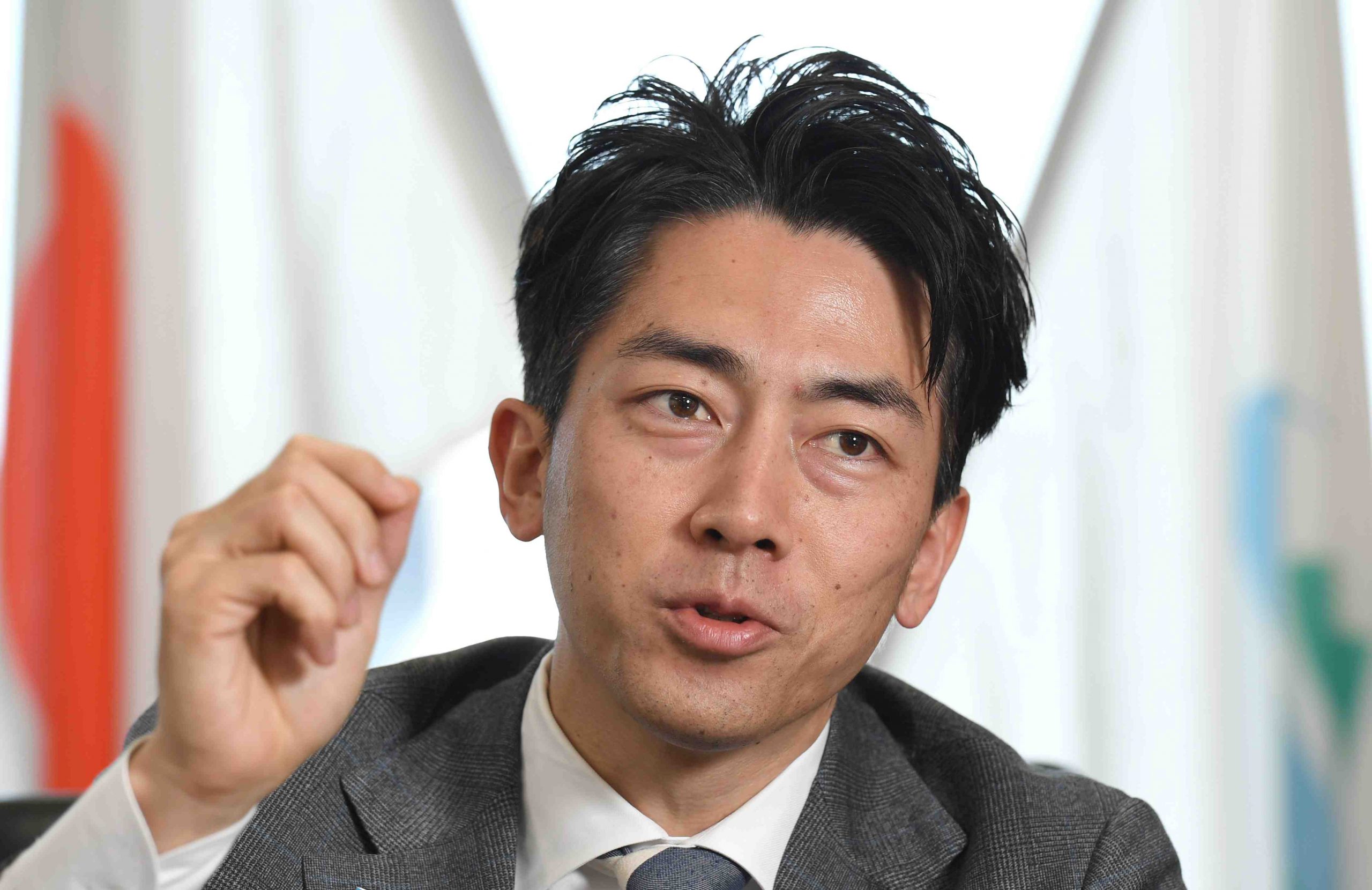Japan’s political landscape is on the brink of significant change as the ruling Liberal Democratic Party (LDP) prepares for its upcoming leadership election in September. The winner of this contest will also become the country’s next prime minister, making the stakes particularly high. With nearly a dozen candidates expected to compete, the election is shaping up to be one of the most competitive in recent memory. Despite efforts within the LDP to reduce the influence of factional politics, traditional factional loyalties continue to play a crucial role in the race.
One of the most talked-about candidates is Shinjiro Koizumi, who, at 43 years old, is set to be the youngest contender in the field. Koizumi, the son of former Prime Minister Junichiro Koizumi, is expected to announce his candidacy on September 6. His entry into the race, along with that of 49-year-old Takayuki Kobayashi, signals a potential generational shift within the LDP, as both men represent a younger, more modern approach to governance.
Koizumi has made a name for himself as a former environment minister, where he was a strong proponent of renewable energy. His public profile rose further when he took to surfing near Fukushima to allay concerns about water safety following the release of treated wastewater. Additionally, Koizumi broke new ground in Japanese politics by becoming the first sitting cabinet minister to take paternity leave, a move that was widely applauded and underscored his commitment to progressive policies.
Political analyst Rintaro Nishimura of The Asia Group sees Koizumi as the frontrunner in the race, largely due to his father’s legacy as a popular and reformist prime minister. Koizumi’s clean image and his reputation as a fresh face in Japanese politics make him an appealing choice for many within the LDP. Nishimura believes that Koizumi has a strong chance of securing votes from both LDP Diet members and the party’s rank-and-file members across Japan.
The LDP’s election process requires a candidate to secure a majority of votes to win outright. If no candidate achieves this, the top two will face off in a runoff election. This structure adds another layer of complexity to an already unpredictable race. With the general election looming next year, many LDP members are concerned about their political futures, particularly younger Diet members who have not yet solidified their positions within the party. Nishimura suggests that this concern will drive the selection of a candidate who is seen as capable of winning a general election, making Koizumi a strong contender.
Koizumi’s popularity extends beyond the LDP. A recent poll by the Asahi Shimbun found that he is tied with Shigeru Ishiba in terms of nationwide popularity, with both receiving 21% of the vote. Among LDP supporters, Koizumi has a slight advantage, with 28% backing him compared to Ishiba’s 23%.
Despite his popularity, there are concerns about Koizumi’s level of experience and policy knowledge. Tobias Harris, founder of the advisory firm Japan Foresight, notes that while Koizumi has the potential to significantly impact the race, his resume is relatively thin. He has not held a senior leadership position within the LDP or a major cabinet role, and his foreign policy experience is limited. Harris also highlights the ambiguity surrounding Koizumi’s economic policies, particularly his stance on the Bank of Japan’s policy normalization.
Nicholas Smith, a Japan strategist at CLSA, echoes these concerns, arguing that it might be too early for Koizumi to assume the role of prime minister. Although he has been elected five times, which is just enough to meet the minimum experience requirement, his cabinet experience is limited to a minor role overseeing nuclear power safety. Smith believes that Koizumi’s lack of experience in more senior roles could be a significant obstacle in his bid for the premiership. As the LDP leadership election approaches on September 27, the race remains wide open. Koizumi’s candidacy, while promising, faces significant challenges that will ultimately shape the outcome of the election and the future of Japan’s leadership.









